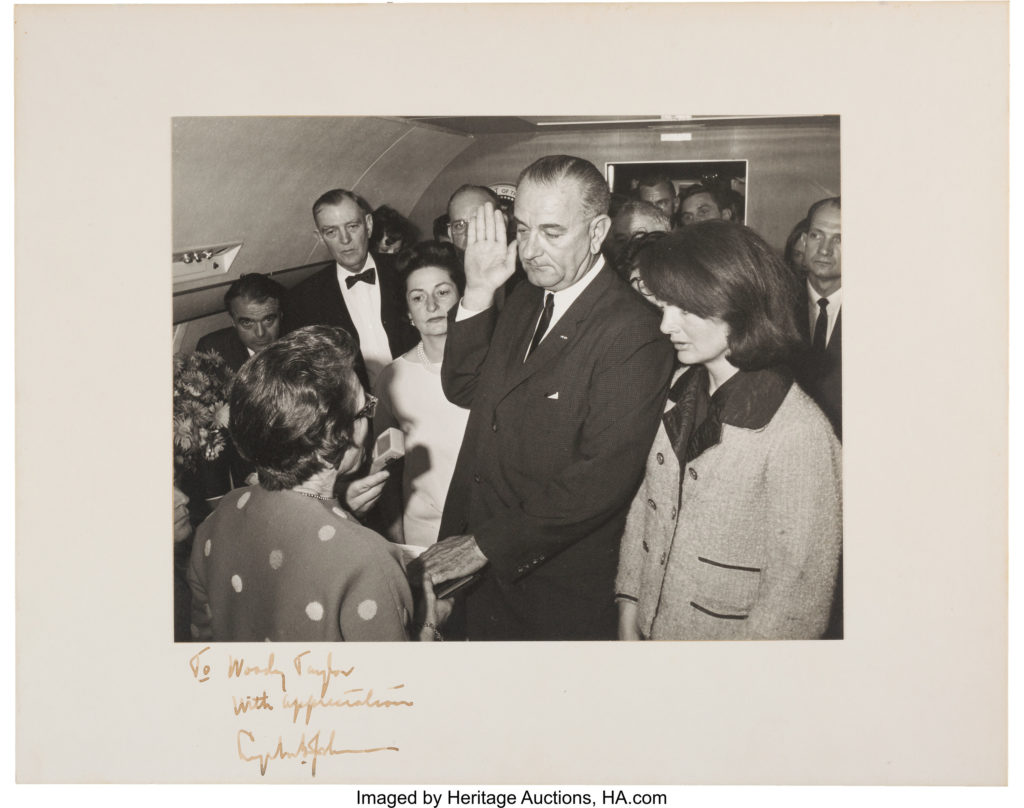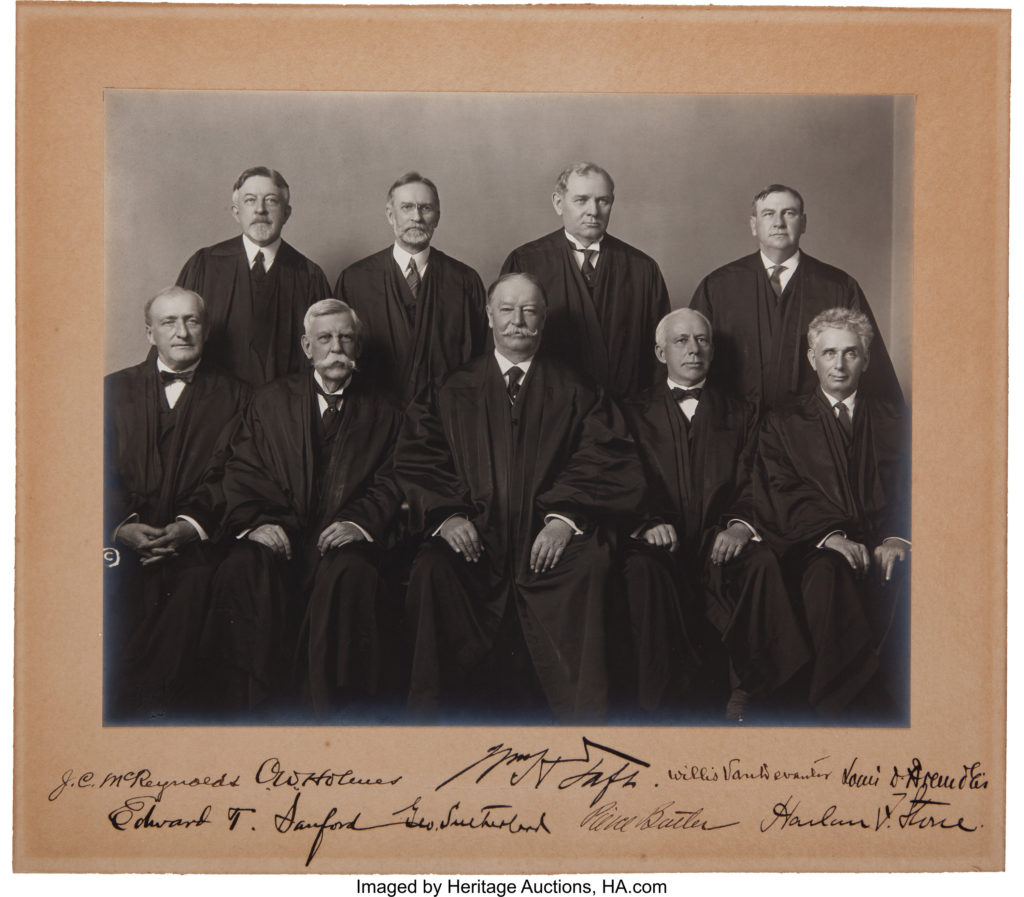
By Jim O’Neal
Like other reverential fans of author Robert Caro’s multi-volume biography of Lyndon Baines Johnson, I’m still waiting patiently for him to finish volume five. It will cover the entire span of LBJ’s presidency, with a special focus on the Vietnam War, the Great Society and the Civil Rights era. Caro’s earlier biography of Robert Moses, The Power Broker, won a well-deserved Pulitzer in 1974.
In 2011, Caro estimated that his final volume on LBJ (his original trilogy had expanded to five volumes) would require “another two to three years to write.” In May 2017, he confirmed he had 400 typed pages completed and intended to actually move to Vietnam. In December 2018, it was reported Caro “is still several years from finishing.”
Since Caro (b.1935) is two years older than me, there may exist a certain anxiety that time may expire unexpectedly. However, it will still be worth the wait and I shall consume it like a fine 3-Star Michelin dinner in Paris. Despite all that’s been written about this period of time, Caro is certain to surprise with new facts and his unique, incomparable perspective.
Recall that planning for the 1963 campaign was well under way by autumn for the 1964 presidential election. The razor-thin victory of JFK over Richard Nixon in 1960 (112,000 votes or 0.12 percent) had largely been due to VP Johnson’s personal efforts to deliver Texas to the Democrats.
Others are quick to remind us that allegations of fraud in Texas and Illinois were obvious and that Nixon could have won if he had simply demanded a recount. New York Herald Tribune writer Earl Mazo had launched a series of articles about voter fraud. However, Nixon persuaded him to call off the investigation, telling him, “Earl, no one steals the presidency of the United States!” He went on to explain how disruptive a recount would be. It would damage the United States’ reputation in foreign countries, who looked to us as the paragon of virtue in transferring power.
Forty years later, in Bush v. Gore, we would witness a genuine recount in Florida, with teams of lawyers, “hanging chads” and weeks of public scrutiny until the Supreme Court ordered Florida to stop the recount immediately. Yet today, many people think George W. Bush stole the 2000 presidential election. I’ve always suspected that much of today’s extreme partisan politics is partially due to the bitter rancor that resulted. His other sins aside, Nixon deserves credit for avoiding this, especially given the turmoil that was just around the corner in the tumultuous 1960s.
Back in 1963, Johnson’s popularity – especially in Texas – had declined to the point JFK was worried it would affect the election. Kennedy’s close advisers were convinced a trip West was critical, with special attention to all the major cities in Texas. Jackie would attend since she helped ensure big crowds. Others, like U.N. Ambassador Adlai Stevenson and Bobby Kennedy, strongly disagreed. They worried about his personal safety. LBJ was also opposed to the trip, but for a different reason. Liberal Senator Ralph Yarborough was locked in a bitter intraparty fight with Governor John Connally; the VP was concerned it would make the president look bad if they both vied for his support.
We all know how this tragically ended at Parkland Hospital on Nov. 22 in Dallas. BTW, Caro has always maintained that he’s never seen a scintilla of evidence that anyone other than Lee Harvey Oswald was involved … period. Conspiracy theorists still suspect the mob, Fidel Castro, Russia, the CIA or even the vice president. After 56 years, not even a whiff of doubt.
Lyndon Baines Johnson was sworn in as president in Dallas aboard Air Force One by Judge Sarah T. Hughes (who remains the only woman in U.S. history to have sworn in a president). LBJ was the third president to take the oath of office in the state where he was born. The others were Teddy Roosevelt in Buffalo, N.Y., following the McKinley assassination (1901) and Calvin Coolidge (1923) after Harding died. Coolidge’s first oath was administered by his father in their Vermont home. Ten years later, it was revealed that he’d taken a second oath in Washington, D.C., to avert any questions about his father’s authority as a Justice of the Peace to swear in a federal-level officer.
On her last night in the lonely White House, Jackie stayed up until dawn writing notes to every single member of the domestic staff, and then she slipped out. When the new First Lady walked in, she found a little bouquet and a note from Jackie: “I wish you a happy arrival in your new home, Lady Bird,” adding a last phrase, “Remember-you will be happy here.”
It was clear that the new president was happy! Just days before, he was a powerless vice president who hated Bobby Kennedy and the other Kennedy staff. They had mocked him as “Rufus Corn Pone” or “Uncle Corn Pone and his little pork chop.” Now in the Oval Office, magically, he was transformed to the old LBJ, who was truly “Master of the Senate.” Lady Bird described him with a “bronze image,” revitalized and determined to pass Civil Rights legislation that was clogged in the Senate under Kennedy. Historians are now busy reassessing this period of his presidency, instead of the prism of the Vietnam quagmire.
LBJ would go on to vanquish Barry Goldwater, the conservative running as a Republican in 1964, with 61.1 percent of the popular vote, the largest margin since the almost uncontested race of 1820 when James Monroe won handily in the “Era of Good Feelings.” 1964 was the first time in history that Vermont voted Democratic and the first time Georgia voted for a Republican. After declining to run in 1968, LBJ died five years later of a heart attack. Jackie Kennedy Onassis died on May 19, 1994, and the last vestiges of Camelot wafted away…
 Intelligent Collector blogger JIM O’NEAL is an avid collector and history buff. He is president and CEO of Frito-Lay International [retired] and earlier served as chair and CEO of PepsiCo Restaurants International [KFC Pizza Hut and Taco Bell].
Intelligent Collector blogger JIM O’NEAL is an avid collector and history buff. He is president and CEO of Frito-Lay International [retired] and earlier served as chair and CEO of PepsiCo Restaurants International [KFC Pizza Hut and Taco Bell].

